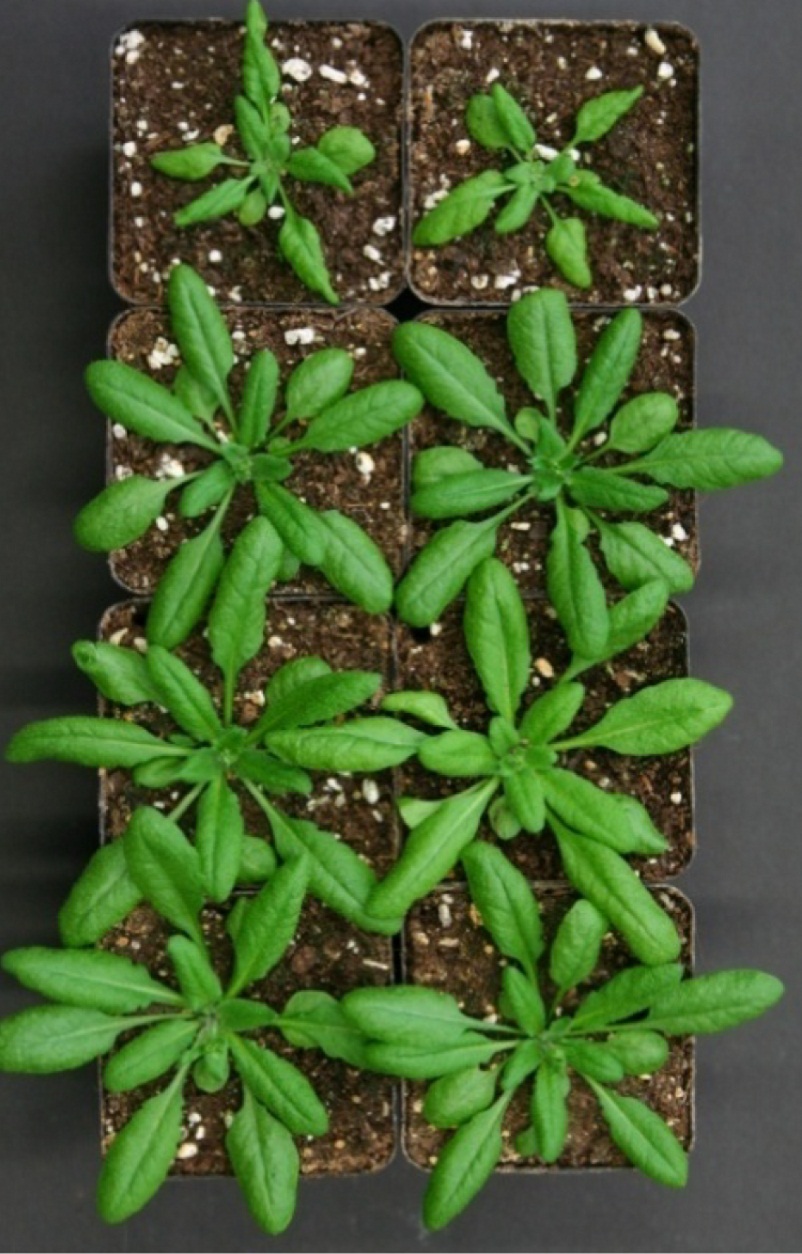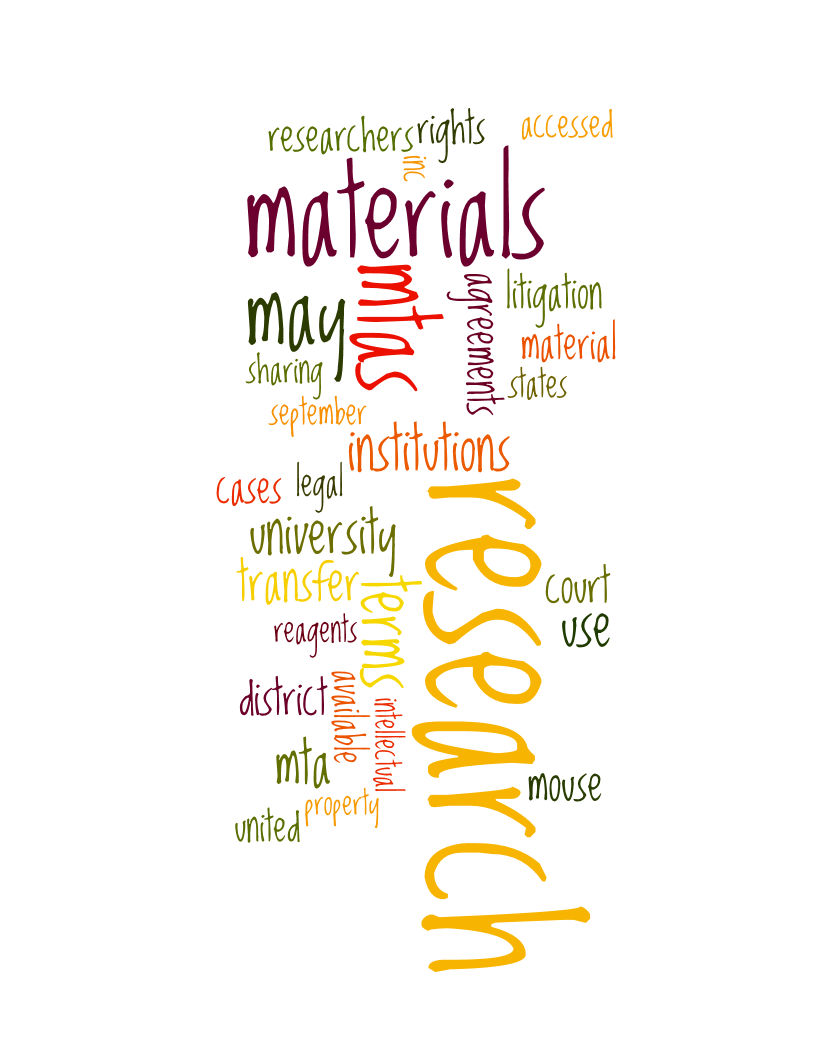This week in PLOS Biology
In PLOS Biology this week, you can read about a fundamental step in the making of plant oils and the pitfalls of material transfer agreements.
Fatty Acid Export in Plants

Oils from plant seeds provide the basis for many aspects of modern life that are taken for granted – for example making cooking oil, soap, fuel and cosmetics. The fatty acid component of triacylglycerides is where the bulk of the energy is invested. In plants these start life in the chloroplasts – but the crucial mechanism by which they get out of the chloroplast for further processing is unclear. Nannan Li, Katrin Philippar & colleagues found a novel protein – FAX1, that mediates the export of free fatty acids across the inner membrane of chloroplasts so that they can be processed in other plant cell organelles to generate oils, waxes, and other lipids. Read more in the synopsis.
Material Transfer Agreements: Use and Misuse
Material transfer agreements (MTAs) ostensibly exist to facilitate the exchange of materials and associated data between researchers as well as to protect the interests of the researchers and their institutions. In a new Perspective, Tania Bubela, Jenilee Guebert & Amrita Mishra argue from a position of pragmatism and proportionate risk that these agreements are unnecessarily burdensome and obstructive and in most cases could (and should) be replaced by simpler tools.

